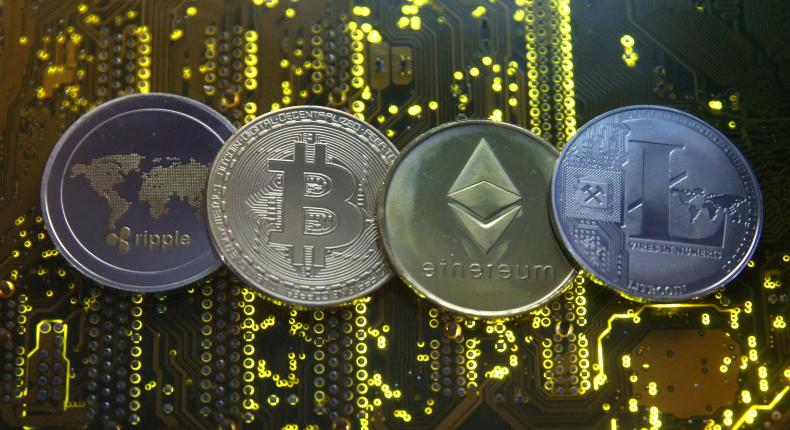Cryptocurrencies in Syria: Uncalculated Risks and a Race with the Unknown

The bank left no room for ambiguity when it confirmed that these currencies "do not represent an officially recognized legal currency," pointing out that they are traded in a frightening legal vacuum. In the absence of a regulatory framework, Syria has become an open market for anyone and everyone, from professional speculators to scammers exploiting people's needs and desperation.
What is striking in the warning is the emphasis on "false promises of quick profits." Many in Syria, due to the crushing economic need, leap into this financial swamp without the slightest knowledge of its dangers. It is a gamble with the fates of families in a country that can no longer bear more losses.
But the most brutal irony is that this warning comes at a time when major central banks around the world are considering issuing official digital currencies (CBDC). While Damascus warns its citizens against drowning in this unknown world, international banks are swimming in the opposite direction, confirming that the financial future will be digital, but with clear terms and rules.
The question that arises is: Is warning about the risks enough, or is the solution in creating safe alternatives? The Syrian reality says that people will not stop searching for financial outlets as long as the traditional banking system is unable to meet their needs.
Syrians who have lived through years of war know the risks well, but sometimes they are forced to choose between two dangers: the danger of the unknown and the certainty of ongoing economic collapse.